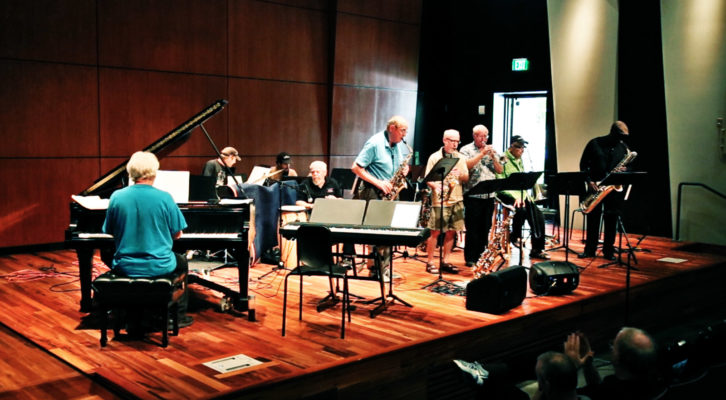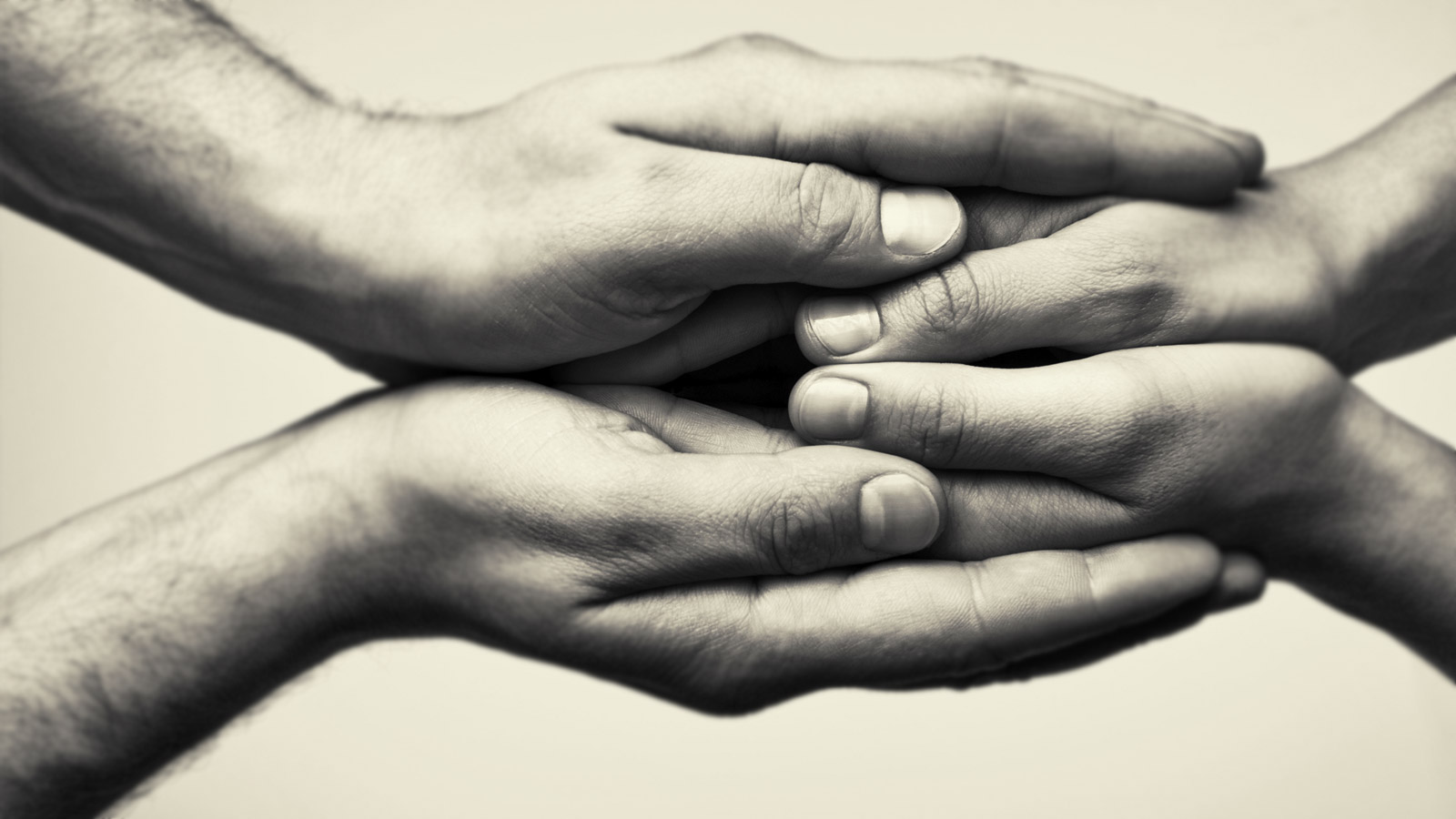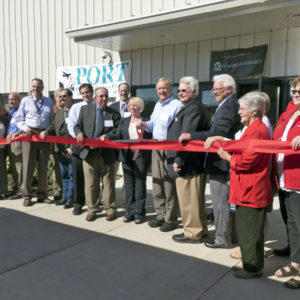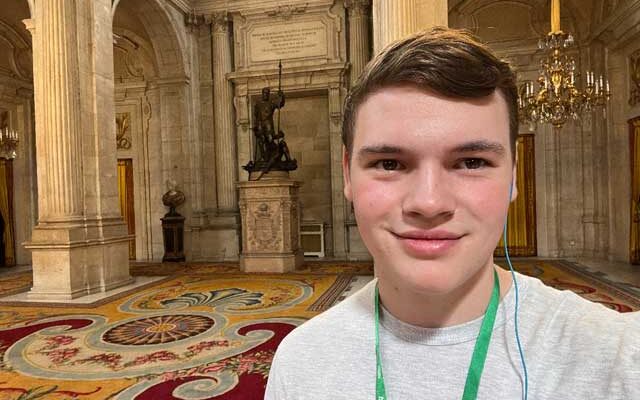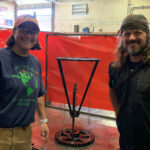It’s easy sometimes to wonder about the value of the arts. Our society is rightly concerned about jobs and the health of the economy, but we sometimes treat economic worth as if it is the only value worth promoting. Even when the arts make headlines, the slant is often how much a film grossed in its first weekend, how much a famous painting garnered at auction, how much money a Broadway musical managed to spend and lose, or how much of an advance a famous author was awarded for her next book. Many believe that the business of America is primarily business and that the primary goal of education is to focus almost solely on essential 21st Century job skills in science, technology, engineering, and math (STEM). So where does that leave the arts?
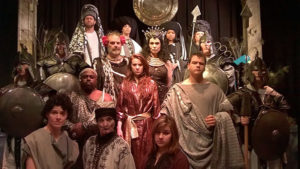
PC Drama department’s production of “Salome” by Oscar Wilde
First, the arts are not incompatible with the forces that drive our economy and seek to reform our educational practices. A report by the Arts and Cultural Production Satellite Account (ACPSA) found that in 2012, arts and cultural production accounted for 4.32% of the GDP, out-grossing both construction and transportation and warehousing. Studies have also shown that people often choose to live and raise families in communities because of quality of life factors that include access to arts and culture. Families who are attracted by the arts to small communities like those on the Olympic Peninsula contribute to the economic vitality of the area. What’s more, national surveys of employers show that among the 21st Century job skills they most value are critical thinking, problem solving, creativity, communication, and teamwork. All of these are skills that involvement in the arts and humanities help develop and promote.
Second, and more importantly, we should avoid falling into the trap of arguing the arts are only valuable if they have practical applications. The arts are part of what make us whole. We want to laugh, cry, celebrate, play, analyze, feel empathy, experience beauty, and encounter worlds, both real and imaginary, that delight us and challenge our assumptions. If you have ever stared at a painting, lost yourself listening or dancing to music, stayed up late into the night devouring a novel or book of poetry, or left a play or movie feeling like the world around you has changed, you know what I mean. It’s a cliché worth repeating: The arts humanize and enrich us. They allow us to inhabit experiences not our own and to see our own experiences and contexts with new eyes. I believe those abilities – to see from another’s point of view and to analyze our own points of view – are essential to our continued growth as a society. At a time when more and more people seem entrenched in warring camps of opposing points of view, the arts provide hope that we may yet find common ground through suspending our beliefs, entertaining possibilities, and encountering experiences that cannot be easily reduced to a set political perspective.
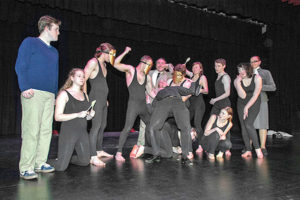
PC Drama department’s production of “Equus” by Peter Shaffer
Ultimately, though, we don’t “do” the arts because they’re good for us. We seek them out because they’re fun, because they make us feel something, and because sometimes we need to immerse ourselves in interesting or pleasurable experiences without wondering what the point is. We create and enjoy each other’s creations because that’s what people do.
At Peninsula College, we’re lucky to offer a full range of artistic and cultural experiences to our students and community. From literature to drama to music to the visual arts, we offer classes and events that engage the senses, the emotions, and the brain. Whether you want to participate in the arts through one of our performance groups or art classes, appreciate the arts through taking courses in the humanities, or simply experience the arts as an audience member by attending a play, a concert, a reading, a film, or an art show, Peninsula College has something for you. We are proud that we value the arts and hope you will join us for some of the experiences we offer.
Check out the Humanities Division site and our Cultural Events calendar to see all we have to offer.
About the Author
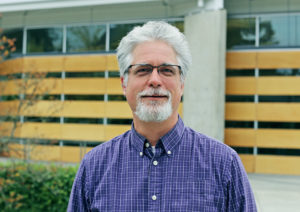 Bruce Hattendorf is Dean for Arts and Sciences at Peninsula College and chairs the College’s Cultural Events Committee. From 1999 to 2011, he taught English and Film Studies. For 10 years, he lived in New York City, working editorial jobs and as Associate Producer on the A&E Biography documentary Charles and Anne Lindbergh: Alone Together. He is a strong supporter of local arts and served on the boards of the Port Angeles Arts Council and the Juan de Fuca Foundation. He is a regular volunteer at the Port Townsend Film Festival. In his last stage role, he played a man in a relationship with a banana slug.
Bruce Hattendorf is Dean for Arts and Sciences at Peninsula College and chairs the College’s Cultural Events Committee. From 1999 to 2011, he taught English and Film Studies. For 10 years, he lived in New York City, working editorial jobs and as Associate Producer on the A&E Biography documentary Charles and Anne Lindbergh: Alone Together. He is a strong supporter of local arts and served on the boards of the Port Angeles Arts Council and the Juan de Fuca Foundation. He is a regular volunteer at the Port Townsend Film Festival. In his last stage role, he played a man in a relationship with a banana slug.

